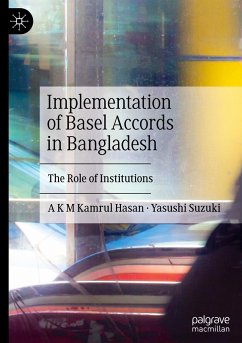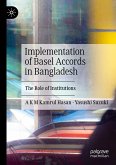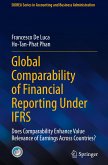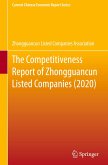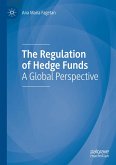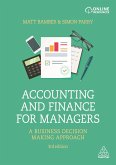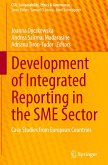This book analyzes the impact of Basel Accord in Bangladesh. More specifically, it focuses on the credit risk homogenization under standardized approach of Basel Accord where External Credit Rating Agencies (ECAIs) are allowed to rate the exposures, the potential risk of allowing sub-ordinated debt (Sub-debt) as Tier 2 capital, and multiple bank distress cases as a real-world scenarios.
In doing so, the book explores why the ECAIs rating fail to capture the real credit risk of exposure and to what extent sub-debt is reliable as regulatory capital. With that, the book's scope is categorized into three tracts (i) analyzes the ECAIs incentive and sanction issues from institutional economics perspective (ii) discusses the ill-impact of Naïve adoption of sub-ordinated debt as regulatory capital and its associated risk on financial system, and (iii) providing readers an empirical illustrations of bank distress when an economy tapped into institutional failures in theabove-mentionedtracts (i) and (ii).
In doing so, the book explores why the ECAIs rating fail to capture the real credit risk of exposure and to what extent sub-debt is reliable as regulatory capital. With that, the book's scope is categorized into three tracts (i) analyzes the ECAIs incentive and sanction issues from institutional economics perspective (ii) discusses the ill-impact of Naïve adoption of sub-ordinated debt as regulatory capital and its associated risk on financial system, and (iii) providing readers an empirical illustrations of bank distress when an economy tapped into institutional failures in theabove-mentionedtracts (i) and (ii).

